How To Use Laravel 9 SQLite Database using Windows?
In this post, I will share how to use SQLite Database in Laravel 9. If your project is light and not a huge database then Laravel SQLite is suitable to use.
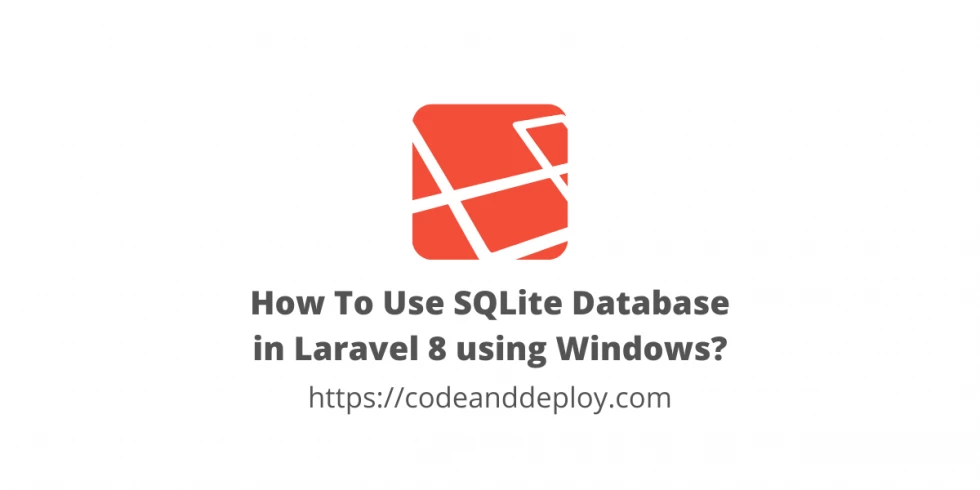
In this post, I will share how to use SQLite Database in Laravel 8, and 9. If your project is light and not a huge database then SQLite is suitable to use. It is an option also to use SQLite while developing locally. Now I will show you an example. Just follow my few steps below on how to implement the Laravel SQLite database.
First, Install Laravel 9.
Point to your htdocs directory and open your command prompt. Then run the following command:
composer create-project laravel/laravel laravel-sqliteOnce installed run the next command to your command prompt.
cd laravel-sqliteSecond, Setup ENV for our SQLite Database
By default, you will see these lines inside the .env file.
DB_CONNECTION=mysql
DB_HOST=127.0.0.1
DB_PORT=3306
DB_DATABASE=laravel
DB_USERNAME=root
DB_PASSWORD=Now, let's change it with the following lines below.
DB_CONNECTION=sqlite
DB_HOST=127.0.0.1
DB_PORT=3306As you can see we changed the DB_CONNECTION value to SQLite and removed DB_DATABASE, DB_USERNAME, and DB_PASSWORD.
Third, Create Laravel SQLite Database
Now lets, create our database inside your Laravel 9 directory project and navigate to the following path: project_folder/database then create a file named database.sqlite.
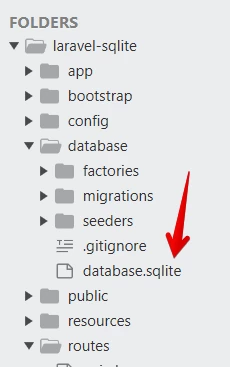
Fourth, Run Migration Command
Now, let's run the migration command.
php artisan migrateOnce done your Laravel SQLite database is ready.
Now let's check application is working and if successfully connected with the SQLite database.
See below code from routes/web.php.
<?php
use App\Models\User;
use Illuminate\Support\Facades\Route;
/*
|--------------------------------------------------------------------------
| Web Routes
|--------------------------------------------------------------------------
|
| Here is where you can register web routes for your application. These
| routes are loaded by the RouteServiceProvider within a group which
| contains the "web" middleware group. Now create something great!
|
*/
Route::get('/', function () {
User::updateOrCreate([
'email' => 'jdoe@gmail.com'
],[
'name' => 'John Doe',
'email' => 'jdoe@gmail.com',
'password' => bcrypt('password')
]);
$users = User::all();
print_r($users);
});
Then run the command:
php artisan serveThen run this to your browser: http://127.0.0.1:8000/

That's it you have successfully installed Laravel SQLite to your local server on windows. I hope it helps.
Cheers :)

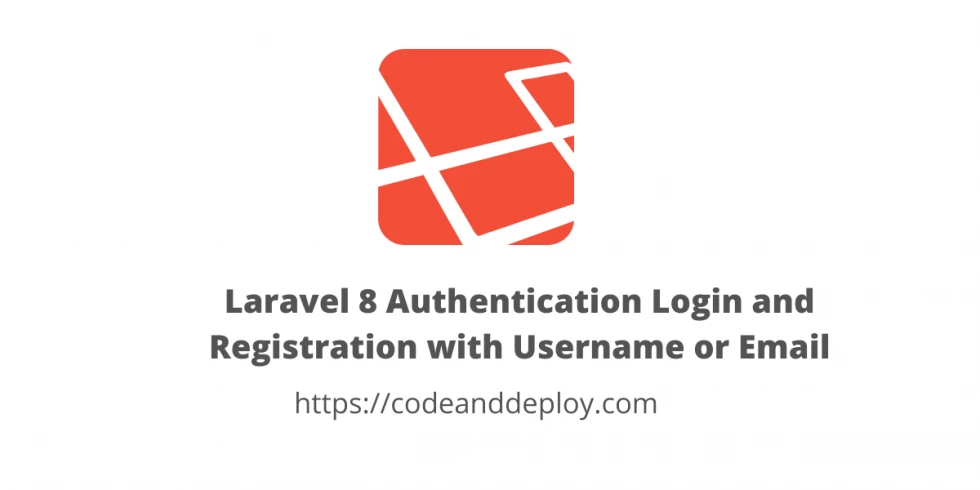
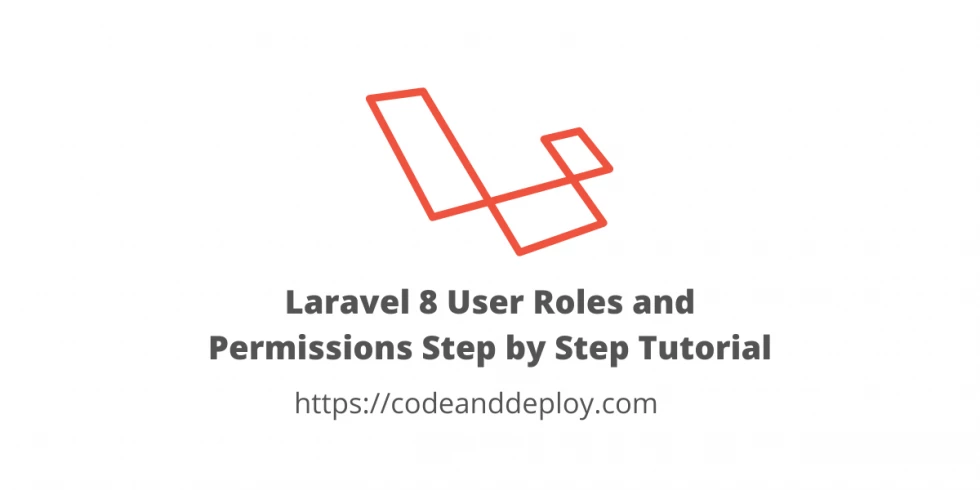
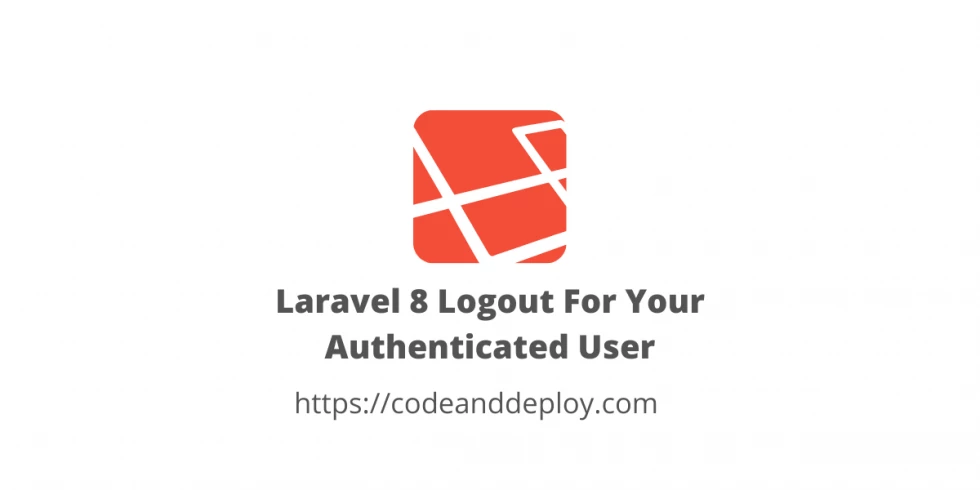

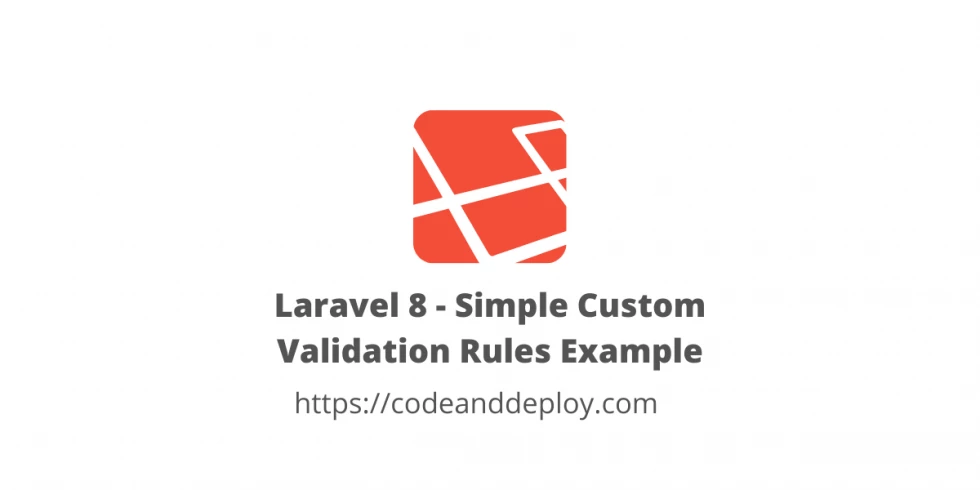


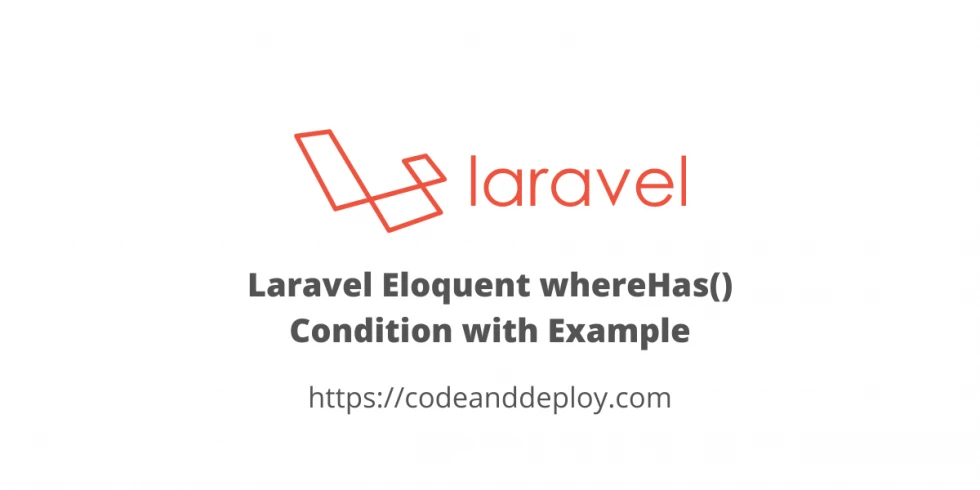


Leave a Comment